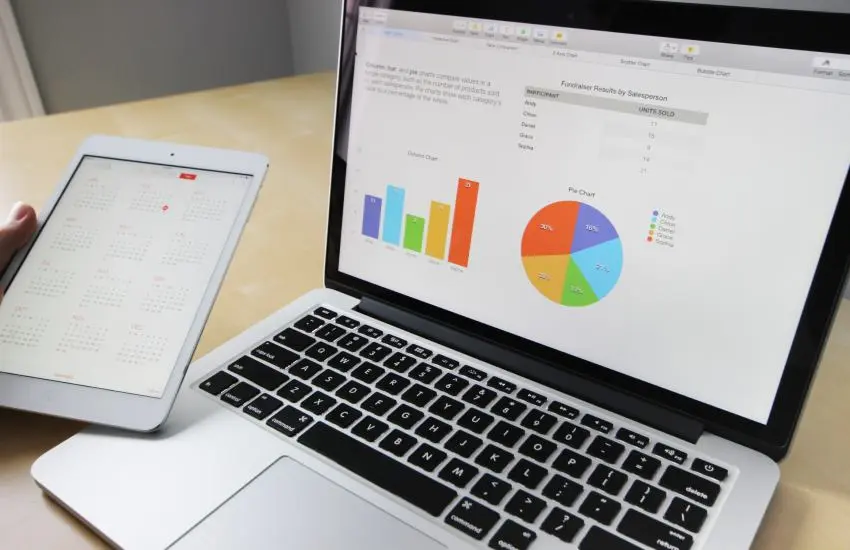The Best Jobs in Fintech: Part I
Published: Mar 05, 2025

[UPDATED March 5, 2025] Fintech is one of the fastest-growing and competitive industries at the moment, which of course means there’s a whole lot of work to be done. Those who are interested in a career in fintech will have a variety of options to choose from, and will enjoy the excitement of a rapidly growing industry. Today we’re going to embark on an epic, two-part journey through all the best jobs in the industry, starting with entry-level positions.
Data Scientist
The demand for data scientists is always increasing, thanks in part to the rise of the fintech industry. Data scientists are tasked with analyzing various data sets, and researching and creating new algorithms that will address any issues relating to said data. In the context of fintech, a data scientist will own the important task of improving financial forecasting through the use of machine learning and other techniques.
You’ll want to gain at least a little background information about the people you’ll be working with as a data scientist in fintech. Typically, you’ll perform research alongside financial analysts and data engineers. Then when it’s time to implement your new algorithm, you’ll no doubt be teaming up with a software engineer. Having insight into the other roles you’ll be working with will give you an advantage over other entry-level applicants, so be sure you do your homework.
The education requirements to be a data scientist can vary a bit depending on factors such as the industry you’re going into, the position you’re applying for, and the specific requirements of any given potential employer. Current trends suggest that many top employers are looking for data scientists who possess a master’s degree in data science; however, a bachelor’s degree should suffice in most cases. Just keep in mind that your salary is often directly connected to which degree you hold.
Blockchain Developer
In the battle for fintech supremacy, blockchain technology is at the forefront, as firms are seeking to reduce transaction fees and increase user privacy. It’s also worth mentioning that old school financial institutions are being forced to gut their old systems and implement blockchain technology just to stay relevant. The bottom line? If you’re a blockchain developer, you’ve got some serious job security.
As a blockchain developer, you’ll be developing and managing a new Ethereum Virtual Machine (EVM) blockchain, or working within an already established system. Tasks may include managing smart contracts in the EVM blockchain, as well as managing both frontend and backend software development.
If you’re interested in becoming a blockchain developer, consider going after a bachelor’s degree in computer science, information security, or in a related field. Depending on the employer, you may also be able to leverage self-taught skills. Of course, this requires a certain degree of discipline, and you’ll have to demonstrate your knowledge and skills to potential employers effectively. First, familiarize yourself with distributed ledger technology (DLT), blockchain platforms, and smart contracts. Then, you’ll want to learn some coding languages such as JavaScript and C++. It’s also important that you have an understanding of peer-to-peer (P2P) networking, and how it applies to the blockchain.
Artificial Intelligence Expert
You might be surprised to hear this, but fintech companies aren’t just in it for that warm, fuzzy feeling they get when they provide their users with a high-quality service. Yes friends, as fintech firms seek to maximize their profits, they turn to the increasingly powerful entity known as artificial intelligence.
In the context of fintech, artificial intelligence can be used to gather user data, provide interactive customer support, identify security risks, and automate any number of day-to-day tasks, allowing a firm to increase efficiency in more pressing areas. As an artificial intelligence expert, you’ll be tasked with implementing and managing the AI.
The requirements for this job may vary depending on the usual factors, such as your location, the job itself, or a firm’s own set of requirements. A bachelor’s degree in computer science or a related field might suffice, but a master’s degree in artificial intelligence is a surefire way to land a great, well-paying job.
We said this would be an epic journey, didn’t we? There’s still more great jobs in fintech to talk about, so make sure you stay tuned for part two!
Rob Porter is an editor at Vault.